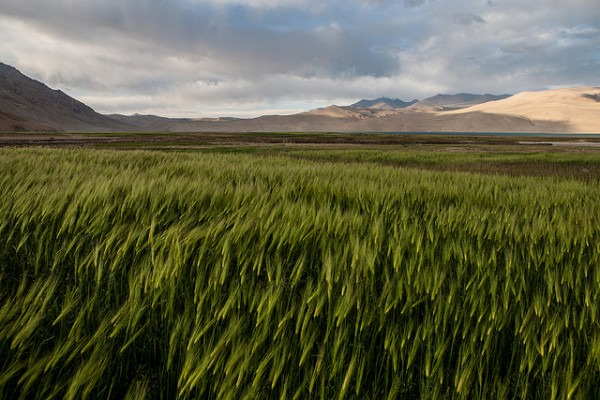Item Link: Access the Resource
File: Download
Date of Publication: July 29, 2015
Year of Publication: 2015
Publisher: Taylor & Francis
Author(s): Paul R Ehrlich, John Harte
Journal: International Journal of Environmental Studies
Volume: 72: 6
Pages: 908-920
In their 2015 article, Paul R. Ehrlich and John Harte reflect on the challenge of feeding the world in 2050 and call for “Profound and multifaceted changes, revising closely-held cultural traditions and penetrating most of civilization will be required, if an unprecedented famine is to be avoided.”
ABSTRACT: A central responsibility of societies should be supplying adequate nourishment to all. For roughly a third of the global human population, that goal is not met today. More ominously, that population is projected to increase some 30% by 2050. The intertwined natural and social systems, that must meet the challenge of producing and equitably distributing much more food without wrecking humanity’s life-support systems, face a daunting array of challenges and uncertainties. These have roots in the agricultural revolution that transformed our species and created civilization. Profound and multifaceted changes, revising closely-held cultural traditions and penetrating most of civilization will be required, if an unprecedented famine is to be avoided.
The views and opinions expressed through the MAHB Website are those of the contributing authors and do not necessarily reflect an official position of the MAHB. The MAHB aims to share a range of perspectives and welcomes the discussions that they prompt.
